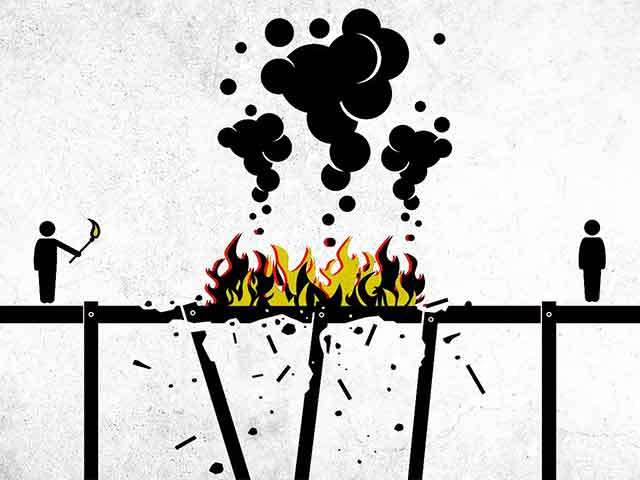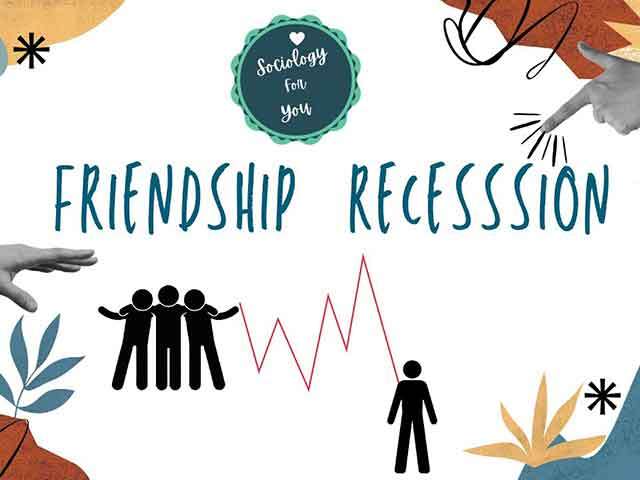Can an App Really Make You Happier?
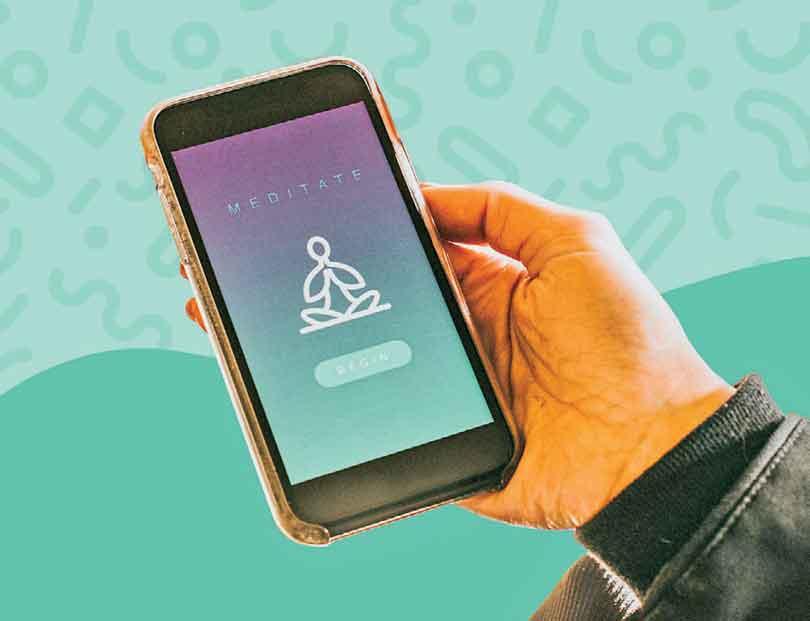
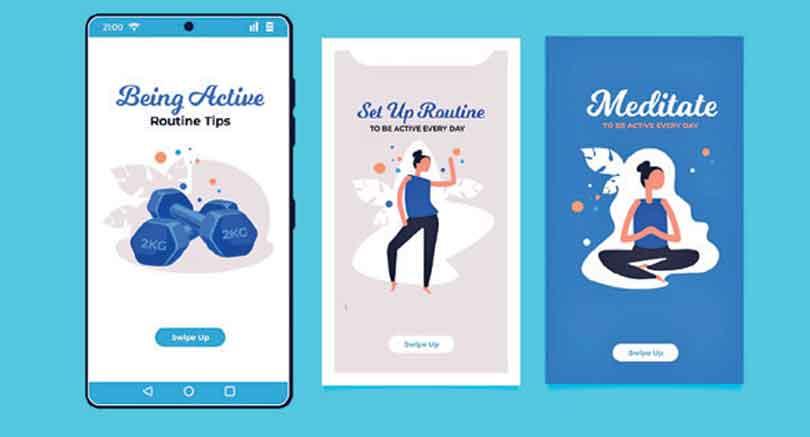
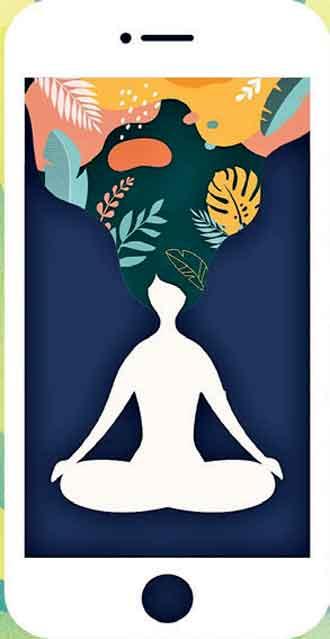 In today’s hyper-connected world, it’s easier than ever to download an app that promises to boost your happiness. From meditation tools to cognitive behavioural therapy (CBT) programs, mental health apps have become a booming industry. But as more of us turn to our phones for solace, an important question arises: can an app truly improve your wellbeing?
In today’s hyper-connected world, it’s easier than ever to download an app that promises to boost your happiness. From meditation tools to cognitive behavioural therapy (CBT) programs, mental health apps have become a booming industry. But as more of us turn to our phones for solace, an important question arises: can an app truly improve your wellbeing?
The Rise of Mental Health Apps
Since the early 2010s, mental health apps have exploded onto the scene, offering affordable and accessible support. Headspace, Calm, BetterHelp, and hundreds of other platforms claim to help users manage stress, anxiety, depression, and even build long-term emotional resilience. With mental health services often expensive or difficult to access, these apps have filled an important gap, especially during the pandemic years when isolation and stress skyrocketed. According to a 2023 report by the American Psychological Association, nearly one-third of adults have used a mental health app at least once. But how well do these apps actually work?
What the Science Says
Research into the effectiveness of mental health apps is still relatively new, but the findings so far are mixed. Some studies offer encouraging news. A 2022 meta-analysis in JMIR Mental Health reviewed over 60 studies and found that apps focused on mindfulness, meditation, and CBT techniques led to modest improvements in symptoms of depression and anxiety. Users reported feeling less stressed and more emotionally balanced after consistent use over several weeks. Apps that teach mindfulness; such as Calm and Headspace, have some of the strongest scientific backing. A study published in Psychosomatic Medicine found that mindfulness apps could decrease cortisol levels (the body’s stress hormone) after just ten minutes a day for eight weeks. However, experts caution that the improvements tend to be small, especially compared to traditional therapy. “Apps can be a helpful supplement, but they’re not a substitute for professional care,” says Dr. Elizabeth Reed, a clinical psychologist at Stanford University.
The Limitations of Mental Health Apps
One major issue is quality control. There are thousands of mental health apps on the market, but only a small fraction are developed with input from psychologists or mental health experts. A 2021 review found that less than 5% of mental health apps available in app stores had been scientifically evaluated. Another concern is user engagement. Many people download apps with the best of intentions, but maintaining regular use can be difficult. Studies show that around 80% of users abandon a mental health app within two weeks. Without consistent engagement, the potential benefits quickly vanish. Privacy is also a growing concern. Mental health data is extremely sensitive, yet some apps have been found to share user information with third parties without clear consent.
Are Apps the Answer?
Despite the drawbacks, mental health apps can play a valuable role, especially for people who might otherwise have no support at all. They can provide a non-judgmental space to learn coping strategies, reflect on emotions, and practice mindfulness exercises. For many, they offer a “first step” toward prioritizing mental wellbeing. Importantly, the most effective apps encourage active participation rather than passive consumption. Apps that invite users to track moods, set goals, or engage in daily reflections seem to foster more lasting benefits than ones offering only guided meditations or inspirational quotes. Dr. Reed advises, “Think of a mental health app as a gym membership for your mind. It’s a tool, not a cure-all. You still have to do the work.”
Final Thoughts
So, can an app make you happier? In short, yes, but with important caveats. Mental health apps can provide meaningful, if modest, improvements in wellbeing, particularly for stress and anxiety. However, they are most effective when used alongside other supports, such as therapy, social connection, physical activity, and self-care. Happiness, after all, is complex and deeply human. While technology can help guide us, the real work still happens offline, in the way we live, connect, and care for ourselves each day.




